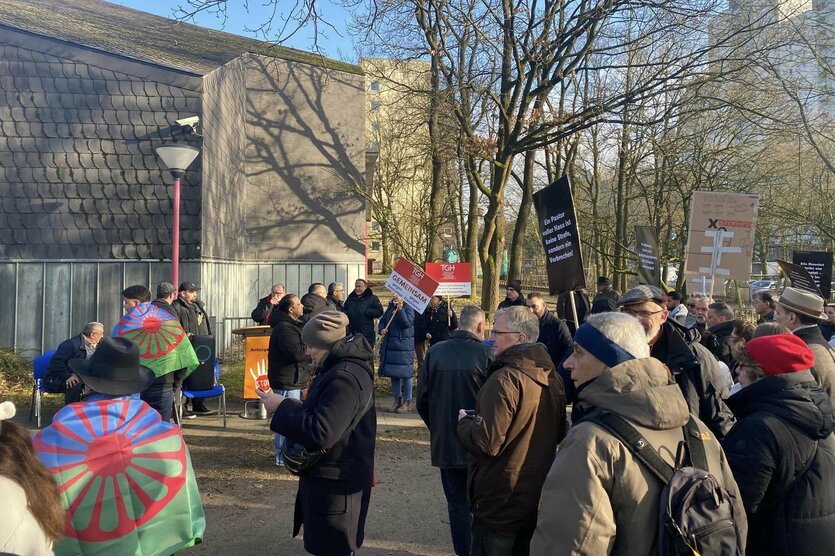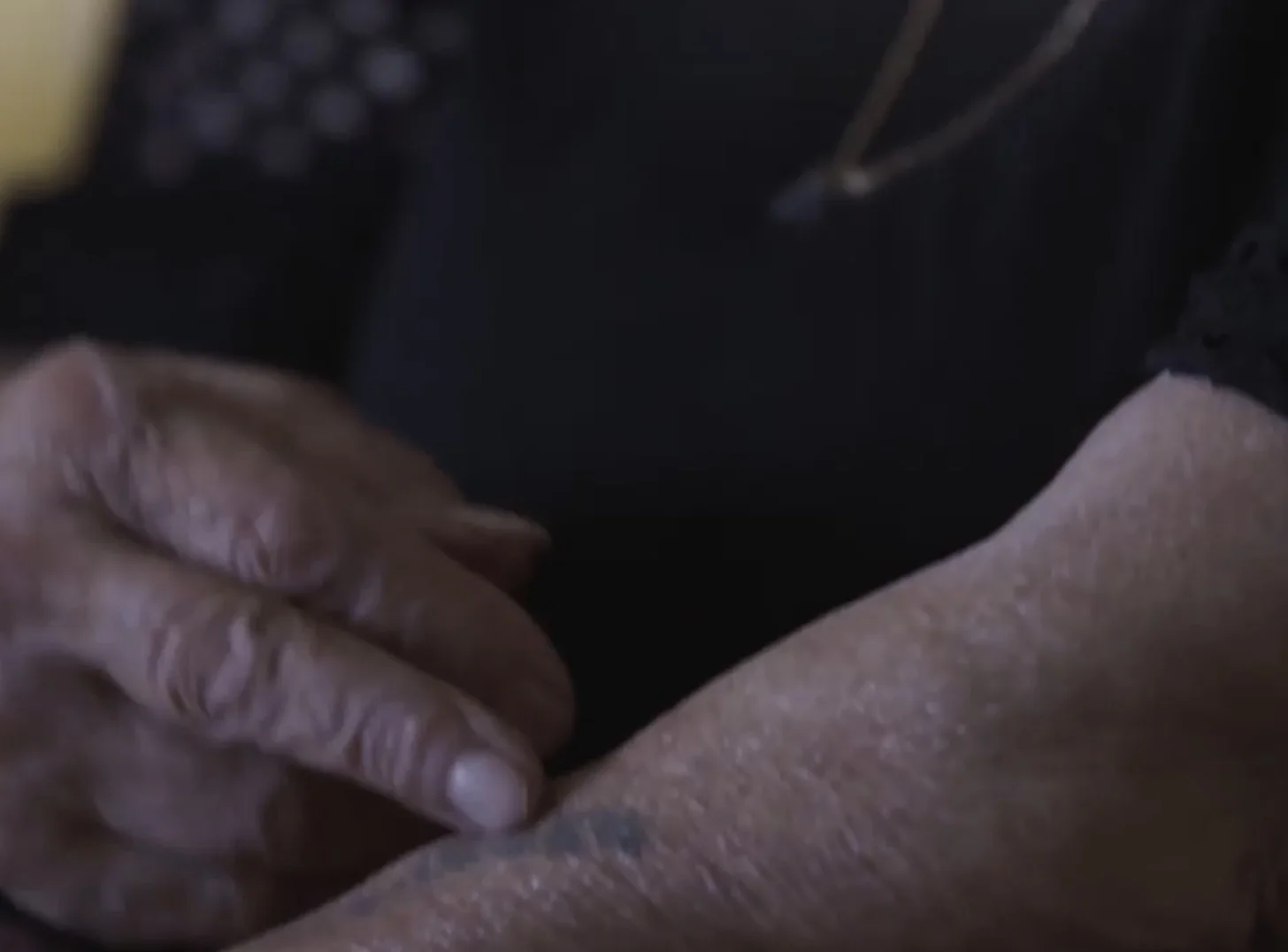=On the occasion of the international Rroma day, numerous international newspapers report about the continuing marginalization of the Rroma minority in their countries. For Germany, Jakob (2014) notes that according to the latest research of historian Wolfgang Benz, the Rroma are ranked behind social groups such as the Jews or asylum seekers, concerning popularity. The purpose of such a popularity-scale can and should be questioned. Apart from the mirroring existing prejudices towards certain social or ethnic groups, no real benefit for combating prejudices can be drawn from this. However, this viewpoint is contradicted by Jacob, who states in reference to the study by Wolfgang Benz: “The study by Benz created on behalf of the anti-discrimination agency shows how deep prejudices about Roma and Sinti are rooted in Germany. Benz said it reassures him that the vast majority of the respondents (91 percent) consider integration services a good suggestion for a better coexistence with Sinti and Roma. 63 percent called for stronger minority rights, the study states”. That these sociological statistics will be followed by true actions, is much to be hoped. The aid programs are not devoid of prejudices, as another part of Benz study shows: 80% of respondents are in favour of a fight against welfare abuse, 78 % speak out to take against crime among the Rroma (Protestant Press 2014). The enemy image of the Rroma is therefore anything but irrelevant, and is still deeply rooted in many peoples’ minds. As a result, many Rroma keep their identity secret. Wolfgang Benz confirms this in a radio interview, in which he addresses the invisible Rroma of Germany: “In fact, Sinti and Roma are living in Germany since a long time, completely integrated. No one recognizes them. Some of them are part of the boardrooms of large industrial companies. They pursue ordinary bourgeois professions and they do not make themselves visible. They fear discrimination. One doesn’t allow them to integrate and then one is claiming that they do not want to integrate” (Polland 2014).
The creation of an EU-fund dedicated to the Rroma, that would not have to be refinanced by the member states, as with the existing funding, is not only met with approval. Rudko Kawczynski, of the European Roma and Travellers Forum (ERTF), speaks out against the creation of such separate fund. This would only foster the resentments against the minority that already are considerable. Rather, an awareness of injustice among the governments in question has to be created, he states, so that they finally take decisive actions against the discrimination of the Rroma (Jacob 2014).
On the occasion of the Rroma Day, a cultural week in Berlin is held under the slogan “May we, that we are!” The program includes concerts, theatre, films and panel discussions. The culture week is organized by the Hildegard-Lagrenne-Foundation, which aims to promote education, integration and social participation of the Rroma in Germany (Dernbach 2014, rbb 2014).
- Dernbach, Andrea (2014) „Gestatten, das sind wir“ – eine Woche lang Roma-Kultur. In: Tagesspiegel online vom 8.4.2014. http://www.tagesspiegel.de/politik/sinti-und-roma-gestatten-das-sind-wir-eine-woche-lang-roma-kultur/9734420.html
- Evangelischer Pressedienst (2014) Sinti und Roma stoßen auf größte Ablehnung. In: domradio.de online vom 7.4.2014. http://www.domradio.de/themen/soziales/2014-04-07/neue-studie-berlin-vorgestellt
- Jakob, Christian (2014) Findbild Roma und Sinti. In: TAZ online vom 8.4.2014. http://www.taz.de/Vorurteile-gegen-Minderheiten/!136360/
- Polland, Hendrik (2014) Vorurteilsforscher: Roma sind die friedlichsten Leute in Europa. In: Stimme Russlands online vom 8.4.2014. http://german.ruvr.ru/2014_04_09/Vorurteilsforscher-Roma-sind-die-friedlichsten-Leute-in-Europa-5855/
- rbb (2014) „Gestatten, das sind wir!“ In: rbb online vom 7.4.2014. http://www.rbb-online.de/kultur/beitrag/2014/04/kulturwoche-der-sinti-und-roma.html







